 High-quality
Motion Deblurring from a Single Image
High-quality
Motion Deblurring from a Single Image High-quality
Motion Deblurring from a Single Image
High-quality
Motion Deblurring from a Single ImageQi Shan Jiaya Jia Aseem Agarwala

Abstract
We present a new algorithm for removing motion blur from a single image. Our method computes a deblurred image using a unified probabilistic model of both blur kernel estimation and unblurred image restoration. We present an analysis of the causes of common artifacts found in current deblurring methods, and then introduce several novel terms within this probabilistic model that are inspired by our analysis. These terms include a model of the spatial randomness of noise in the blurred image, as well a new local smoothness prior that reduces ringing artifacts by constraining contrast in the unblurred image wherever the blurred image exhibits low contrast. Finally, we describe an efficient optimization scheme that alternates between blur kernel estimation and unblurred image restoration until convergence. As a result of these steps, we are able to produce high quality deblurred results in low computation time. We are even able to produce results of comparable quality to techniques that require additional input images beyond a single blurry photograph, and to methods that require additional hardware.
Downloads
[Paper], [Talk Slides], [Additional Programming Details]
[Image Deblurring Executable], [Image Non-blind Deconvolution Executable]
BibTex:
@article{hqdeblurring_siggraph2008,
Our Deblurring Work
![]() Large-Kernel Robust Motion Deblurring
Large-Kernel Robust Motion Deblurring
![]() High-Quality Iterative Optimization
High-Quality Iterative Optimization
|
Input Images |
Ω (in the red channel) |
Results |
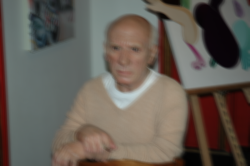 |
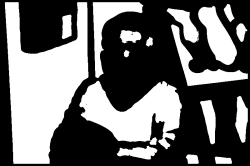 |
 |
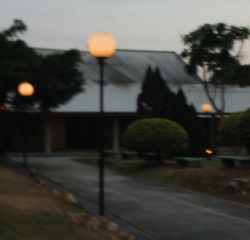 |
 |
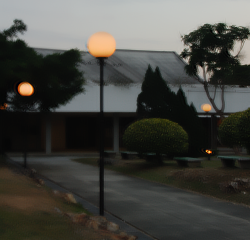 |
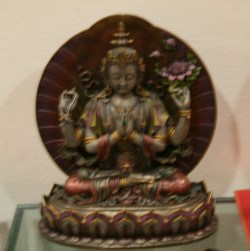 |
 |
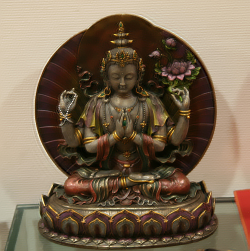 |
 |
 |
 |